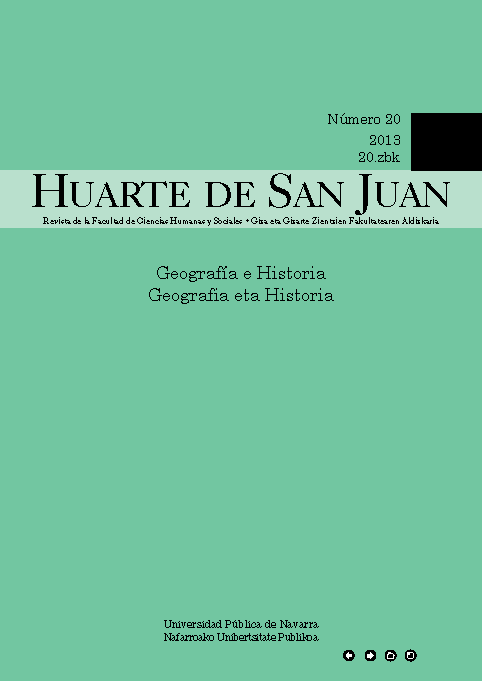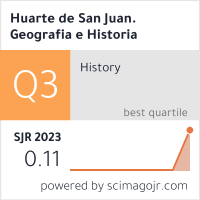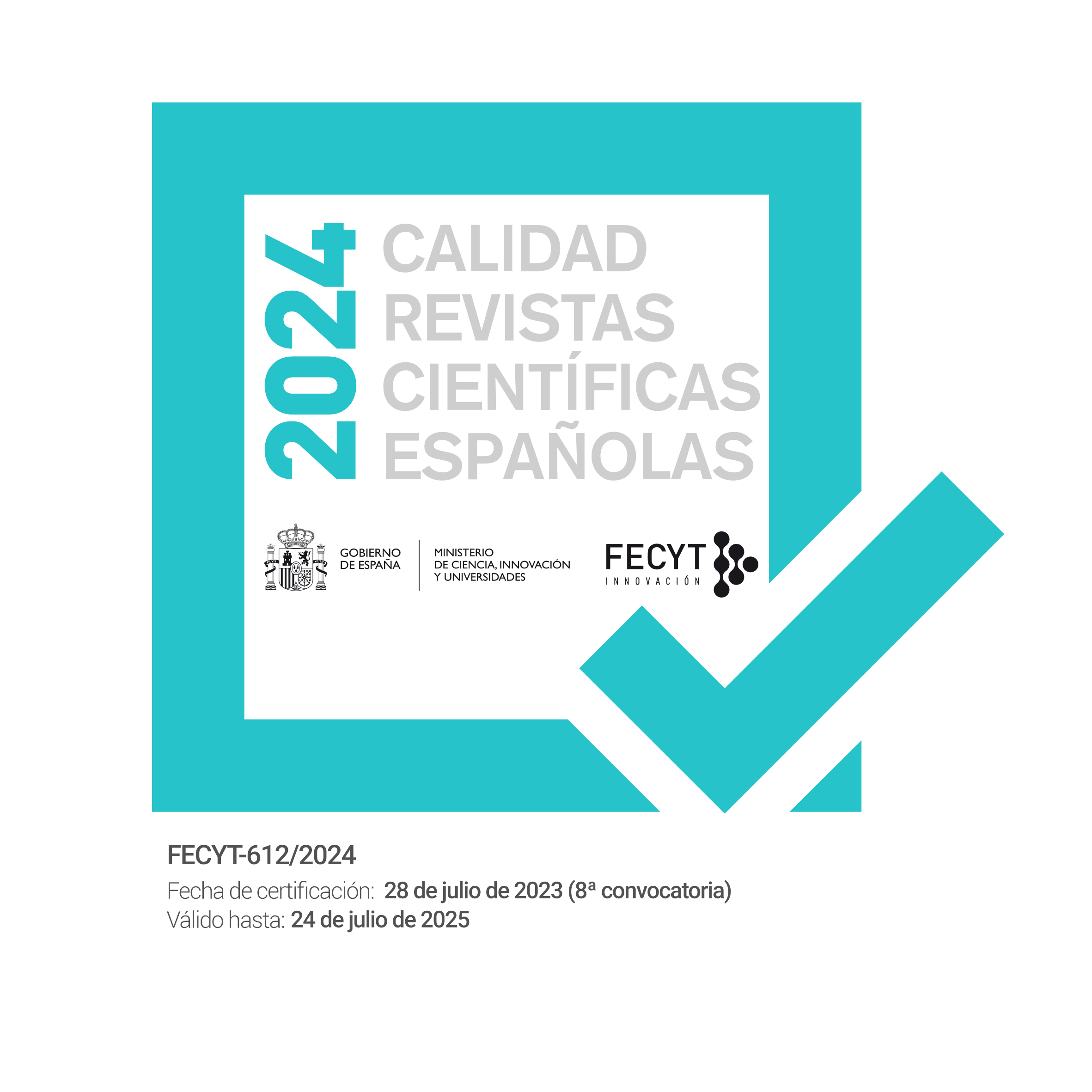Cognitive sciences: a challenge whithin the social sciences environment
Keywords:
Symbolic univers, Science of the Artificial, transversal interdisciplinary reesearchAbstract
The present work goes into the traditional philosophical field, the knowledge theory. A brilliant exposer of this tradition, Ernst Cassirer, and his personal contribution introducing the active role of symbolic system is presented. The cognitive vocabulary is changing towards a new empirical science�s perspective. One of the active behavioral science promoter such as Herbert Simon and his Science of the Artificial is kept in memory because of its analogy to Cassirer�s position. Building cognitive sciences is acomplished through the several social sciences contacts performing a real interdisciplinary research. The researchers such as Jerome Bruner, Roger Brown and George A. Miller and the presence of Foundations supporting finances all of them are carefully reported. Finally the cognitive sciences come into the teaching programs across the numerous and prestigious universities in the world.
Downloads
References
Barsalou, L., Grounded Cognition: Past, Present and Future en TopiCS in Cognitive Science, 2, 2010, 716-724.
Brown, R., Language and Categories en J.S.Bruner & al., 1956, 247-312.
Brown, R., Words and Things, The Free Press, 1958.
Bruner, J. S. et. al., A Study of Thinking; J. Wiley, 1956.
Cassirer, E. (traductor Wenceslao Roces) El problema del conocimiento en la filosofía y en la ciencia modernas, 4 vols., FCE, México, 1948-1957.
Cassirer, E. (traductor Wenceslao Roces), Las Ciencias de la Cultura, FCE, México, 1951.
Cassirer, E. An Essay on Man, Yale University Press, 1944; versión española de Eugenio Imaz bajo el título Antropología Filosófica, FCE, México, 1945.
Cassirer, E. (traductor Armando Morones), Filosofía de las Formas Simbólicas, 3 vols., FCE 1971-1976.
Castro, C., «Sentido y alcance científico de las ciencias sociales», Huarte de San Juan. Geografía e Historia, Universidad Pública de Navarra, nº 19, 2012, pp. 279-293.
Chomsky, N., Syntactic Structures; Mouton, 1957.
Feigenbaum, E. y Feldman, J. (eds.), Computers and Thought; McGraw-Hill, 1963.
Krantz, D.; Luce, R. D.; Suppes, P. y Tverski, A., Foundations of Measurement, 3 vols., Academic Press, 1971-1990.
Lenneberg, E., Fundamentos Biológicos del Lenguaje, Alianza, 1975.
Miller, G. A., The Masking of Speech, Psychological Bulletin, vol. 44, nº 2, 1947, pp. 107-129.
Miller, G. A., Language and Communication; McGraw Hill, 1951.
Miller, G. A., The Magical Number Seven Plus or Minus Two: Some Limits on Our Capacity for Processing Information; Psychological Review, vol. 63, 1956, pp. 81-97.
Miller, G. A., The Psychology of Communication: Seven Essays; Basic Books, 1967.
Miller, G. A., The Science of Words; Scientific American Library,1991.
Miller, G. A., The Cognitive Revolution: A Historical Perspective; Elsevier, Trends in Cognitive Sciences, vol. 7, n. 3, 2003, pp. 141-144
Minsky, M., Steps towards Artificial Intelligence; Procedures IRE, 49, 1961, 8-29.
Newel, A. y Simon, H., General Problem Solving: A Program that Simulates Human Thought, en E. Feigenbaum y J. Feldman (eds.), 1963, 279-296.
Simon, H., The Sciences of the Artificial, MIT Press, 1969.
Smith, F. y Miller, G. A. (eds.), The Genesis of Language; MIT Press, 1966.
Downloads
Published
How to Cite
Issue
Section
License
La información referente al sistema de autoarchivo y política de derechos de explotación establecido por esta revista puede consultarse en DULCINEA.









